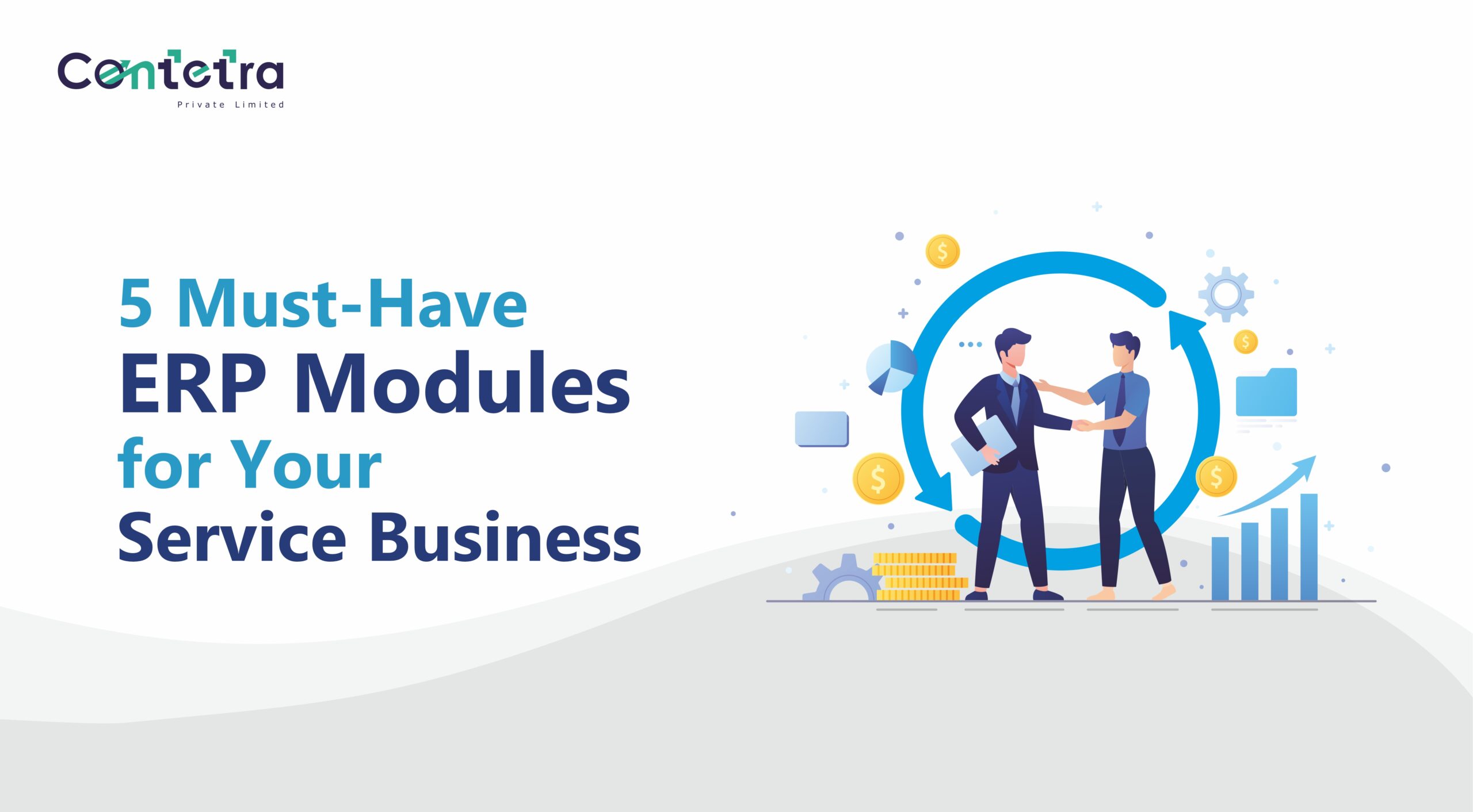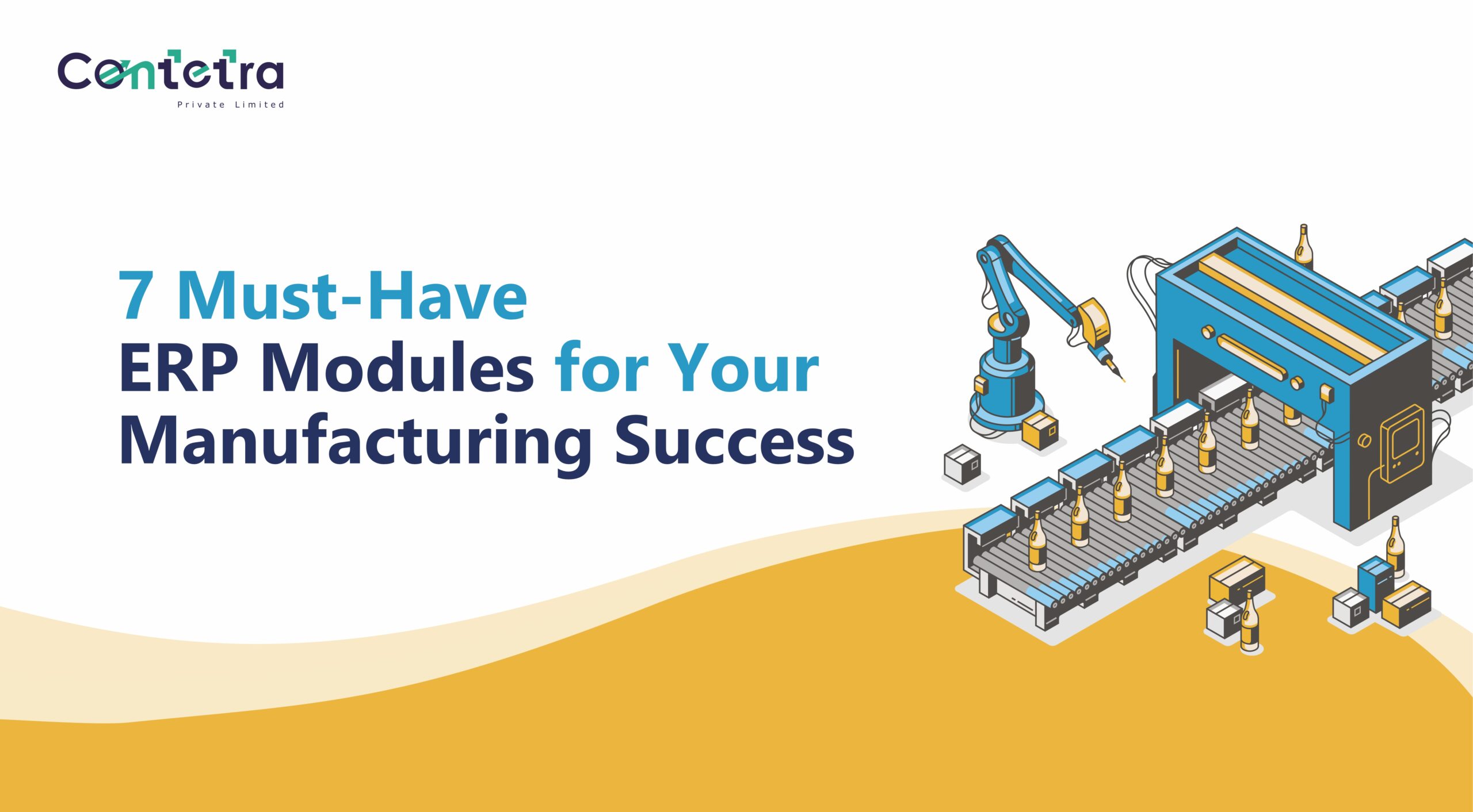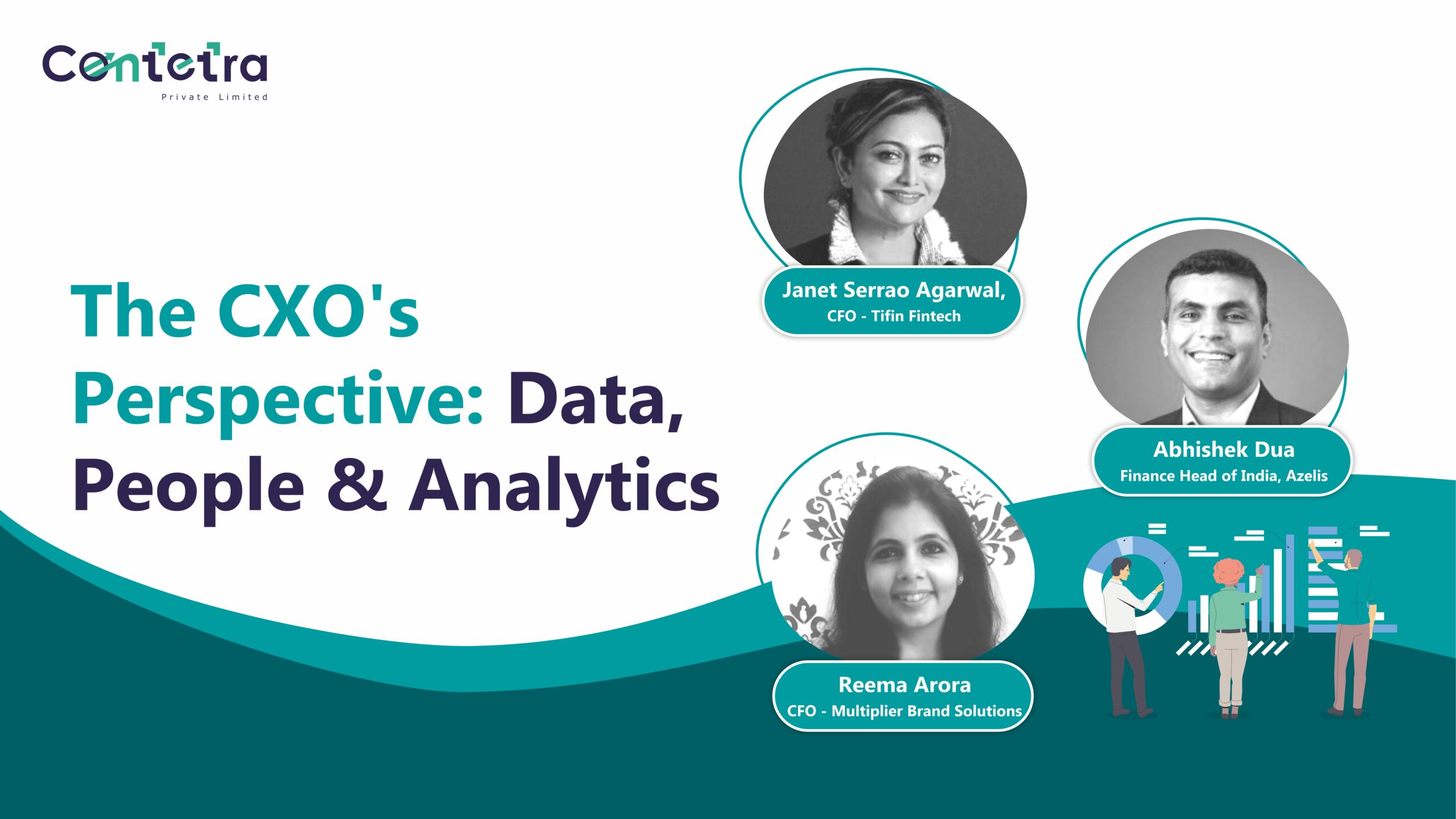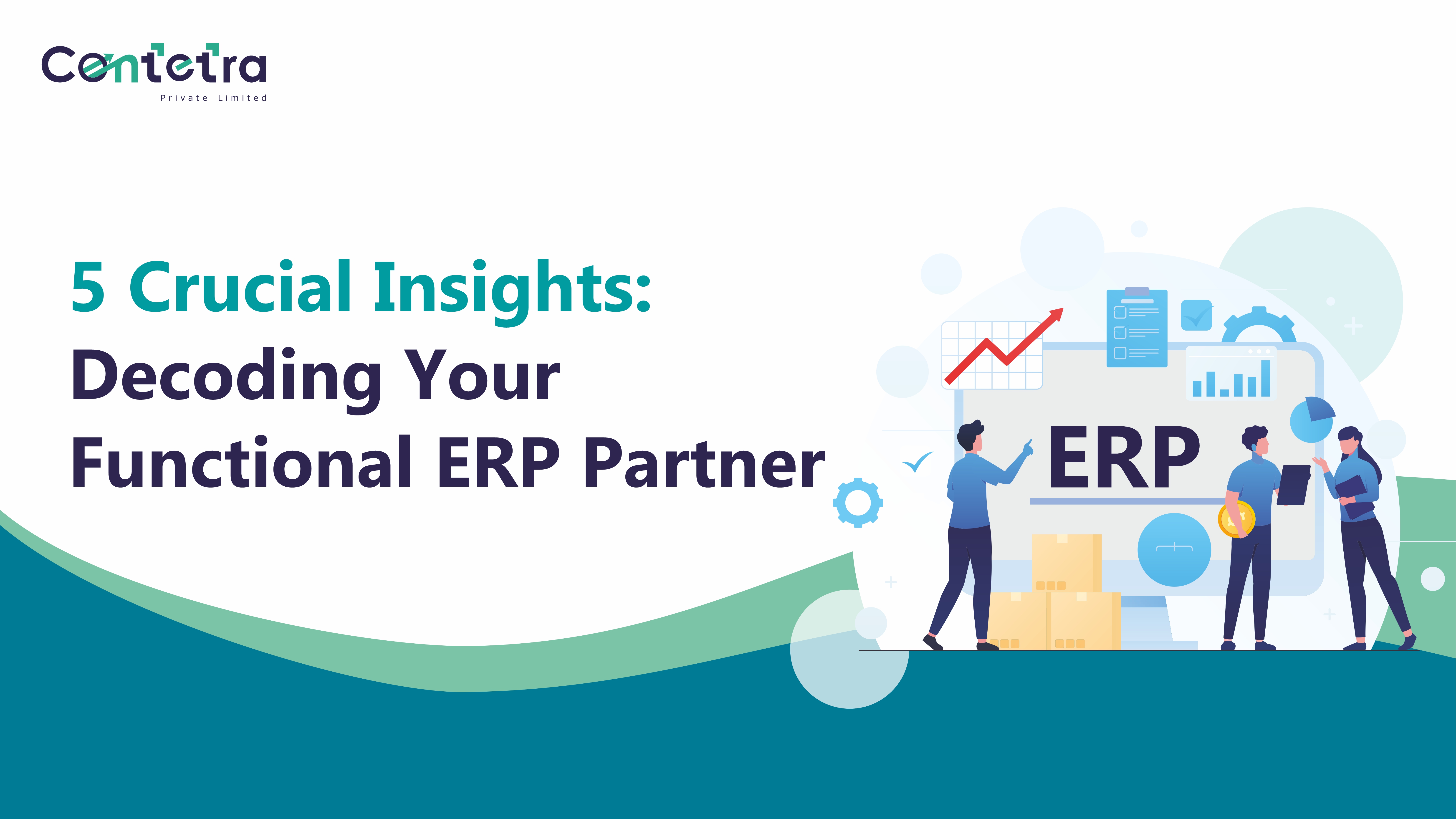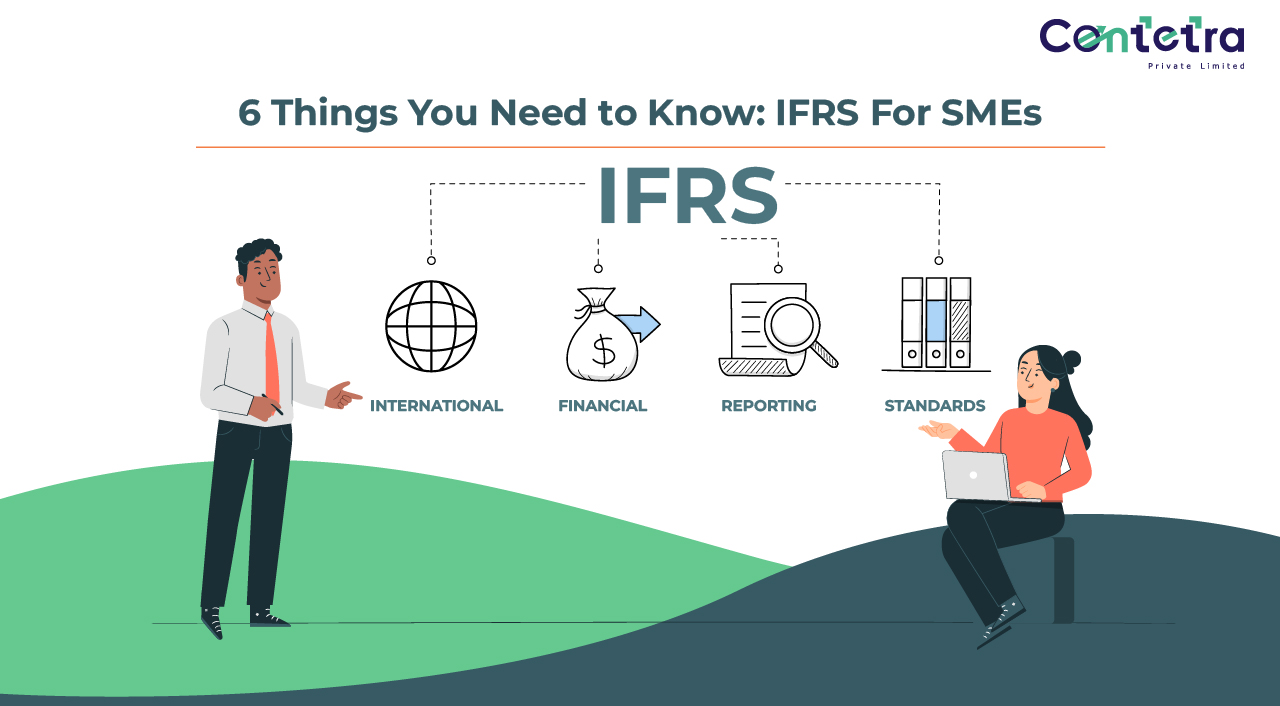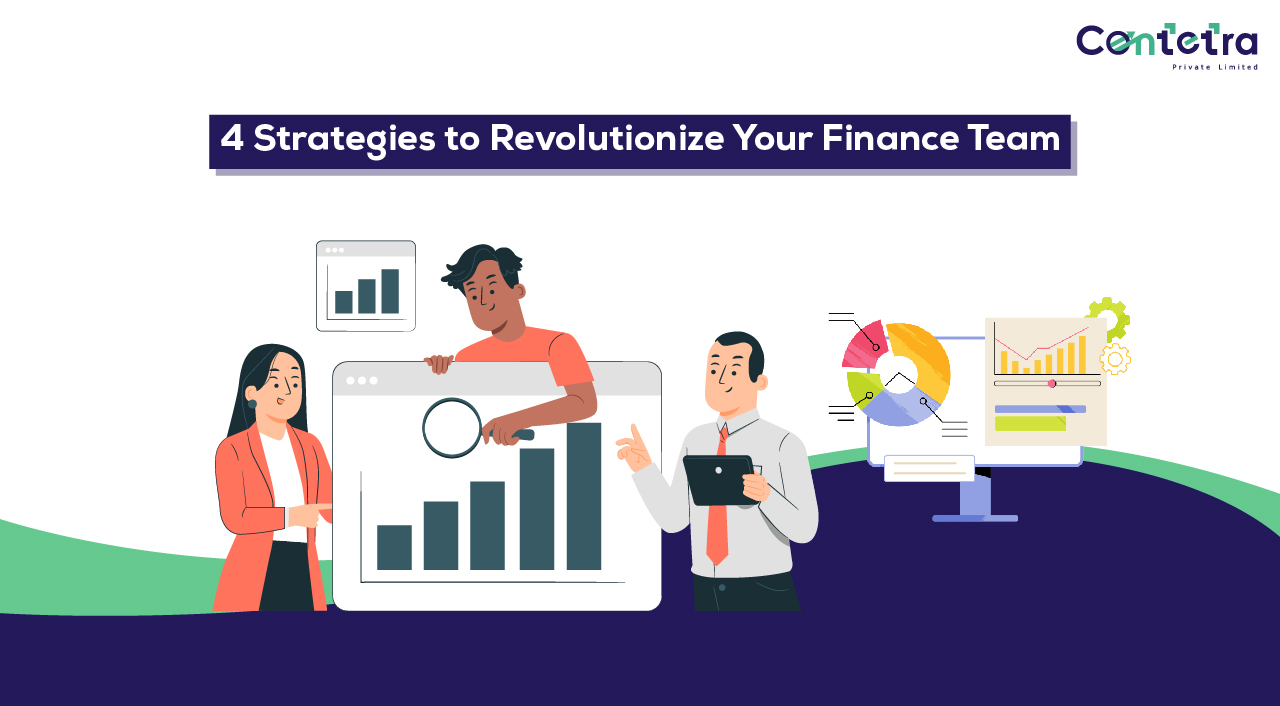In the world of business, efficiency and effective resource management are key components for success. Whether you’re in the manufacturing industry or the service sector, an ERP system is an essential tool to streamline your operations and gain a competitive edge. However, the needs of every industry are distinct, and the ERP for service industry should be tailored accordingly.
In the previous part, we explored modules important for manufacturing companies.
In this blog, we’ll explore what the ERP system for service industry should look like.
So, how is an ERP system for service industry generating value for entities?
In the bustling world of service industries, where every moment counts and every client interaction matters, achieving operational excellence is paramount. By integrating various business functions such as finance, human resources, project management, and customer relationship management into a centralized platform, an ERP system for service industries, it helps streamlines operations, reduces redundancies, and eliminates the need for multiple systems.
This integrated approach allows service businesses to optimize resource allocation, improve productivity, and minimize wastage, ultimately leading to cost savings and enhanced profitability. ERP for a service company also empowers service businesses to deliver personalized customer experiences through comprehensive customer relationship management functionalities, enabling them to track interactions, manage leads, and foster long-term relationships.
With real-time visibility into key performance indicators and streamlined processes, ERP enables service businesses to make informed decisions, adapt to changing market dynamics, and stay ahead of the competition. Ultimately, ERP serves as a strategic tool for service businesses to achieve operational excellence, drive growth, and deliver value to their customers.
What are some important reports and dashboards your ERP should give you?
Service-oriented businesses, whether they’re IT companies, consulting firms, or healthcare providers, have distinct requirements when it comes to ERP systems. Here are some important dashboards an ERP system for service industry should generate:
- Service Performance Dashboard: This offers real-time insights into key service metrics such as response times, resolution rates, customer satisfaction scores, and service-level agreement (SLA) compliance. It helps service managers monitor and improve service delivery efficiency.
- Resource Allocation Dashboard: This provides an overview of resource availability, utilization, and allocation across ongoing projects or service requests. It helps service companies optimize resource allocation and ensure efficient capacity planning.
- Financial Reports: These include financial dashboards with revenue breakdowns, profit margins, cost analyses, and project-specific financial insights. These reports help service companies monitor profitability and make informed financial decisions.
- Project Progress Tracking: This dashboard displays the status of ongoing projects, milestones achieved, timelines, and budget utilization. It allows project managers to keep projects on track and identify potential issues early.
- Customer Engagement Analytics: This offers insights into customer interactions, feedback, and preferences. It helps service companies tailor their offerings to meet customer expectations and enhance customer satisfaction.
- Employee Performance Dashboard: This provides a comprehensive view of employee performance, skill development, training needs, and contribution to projects. This dashboard aids in managing and improving workforce productivity.
What Should Your ERP System Look Like for the Service Industry?
Here are some key modules and customizations that might be necessary:
- Project Management Module:
- Module – Manages projects from initiation to completion, tracking tasks, timelines, resources, and costs.
- Customization – Custom project templates, task dependencies, and resource allocation rules specific to different types of service projects.
- Customer Relationship Management (CRM) Module:
- Module – Helps in managing customer interactions, sales leads, and marketing campaigns.
- Customization – Custom fields and workflows tailored to the service industry’s sales cycles and customer engagement processes.
- Resource Scheduling Module:
- Module: Efficiently schedules and allocates resources such as employees, equipment, and facilities to projects or service requests.
- Customization: Custom scheduling rules that consider factors like technician skill sets, geographic location, and availability for different types of services.
- Billing and Invoicing Module:
- Module: Generates accurate invoices based on service hours, rates, and materials used. It automates billing processes, tracks payments, and improves cash flow management.
- Customization: Customized billing templates, flexible pricing models, and integration with accounting systems for seamless financial transactions.
- Service Analytics and Reporting Module:
- Module: Provides insights into service performance, customer satisfaction, and resource utilization. It supports data-driven decision-making to optimize service operations.
- Customization: Custom service-specific KPIs and dashboards that monitor key metrics such as response time, resolution rate, and customer feedback.
In our blog, we’ve explored the intricacies of an ERP for service industry, to meet the unique needs of service-based enterprises. From project management to customer relationship management, resource scheduling to billing, and service analytics to reporting, each module serves as a crucial block in building the best system for you.
It’s also crucial to recognize that the true value of an ERP system for service industry lies not just in its modules, but in its ability to adapt, evolve, and innovate alongside your business. It’s about more than just streamlining processes; it’s about empowering your team to deliver exceptional service, fostering meaningful customer relationships, and driving sustainable growth.
At Contetra, we work with CFOs and senior finance leaders to help them get the system of their dreams. Our team of experts understands that your business is unique, and so should be your ERP system.
Visit our website and book a call to know more about how we can help you build the right for your business -.






